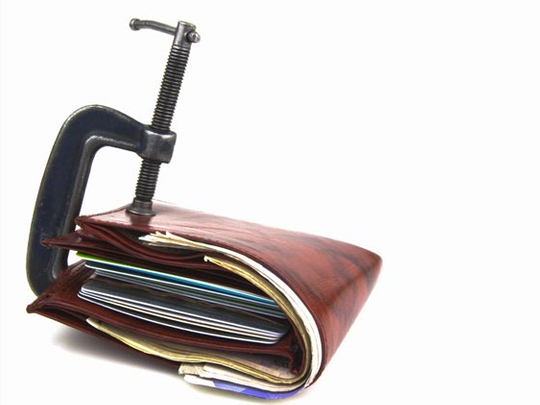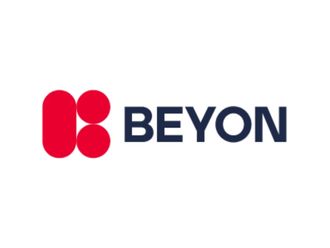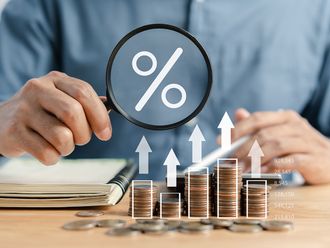
Imanage other people’s money for a living. During our monthly/quarterly meetings, at the risk of sounding like a stuck record, I keep reiterating to them the importance of saving, as cash. How much should you have?
Aim for a cash reserve of at least three months’ worth of expenses (ideally, I would say six, but let’s not get ahead of ourselves). Once you’ve accumulated this amount, take it up to six months. At this point, I would say you have a healthy cash reserve
.
Saving is a habit and once you start to see your savings pot swell, you will be encouraged to do better. Use a spreadsheet or download a smartphone app to keep track of your finances.
I’m going to give you 15 easy tips that I’ve used over the years to help kick-start your habit. I know you’ve probably heard some of this before, so hey – if you have six months’ worth of expenses stashed away somewhere safe, stop reading now.
1. Clear your credit card debt. Having an on-going credit card debt is probably the worst thing you can do for your financial well-being.
2. Make a shopping list and stick to it. Don’t indulge in impulse buys. Think about your purchases. What I normally do is give myself just enough time to pick up my groceries and make it back in time for that movie or
a night out with my friends or family. This makes sure
I don’t have the time to buy stuff I don’t really need.
3. Participate in garage sales and flea markets. Like they say, ‘One man’s trash is another man’s treasure’. We do this at home at least once a year and it is amazing to see what people will buy from you.
4. Consider online deals and discount websites. Set some ground rules. Don’t buy stuff you don’t need just because there’s a deal going. Look for offers on stuff that you need or want to do.
5. Plan your purchases. If you buy at the last minute you are bound to pay top dollar for things. Plan ahead, look around for the best deals, become a bargain hunter.
6. Trade in. Trade-in offers available can reduce the cost of a new appliance or gadget.
7. Plan your entertainment better. If you dine out a lot then get yourself a book of coupons (like the Entertainer). These books will pay for themselves in no time. A lot of credit cards have deals with restaurants. Call and check if your credit card gets you any deals at the restaurant you are headed to, or call before booking and decide where to go based on discounts available.
8. Do you really need a landline? With all the deals available on mobile phones today, now is the time to get rid of that landline and the rental charges on it.
9. Consider shopping for specific things at the local market rather than at a supermarket. Meat, fish, vegetables and fruit are cheaper at places like the fish market in Deira and Karama and the fruit and vegetable market en route to Hatta. Stock up on weekly trips.
10. Don’t automatically renew your car insurance. Look around. Rates may have changed. You may get a better deal if you looked for it.
11. Learn to say ‘no’. I don’t think it’s necessary to buy my kids everything they want. I think it’s good for them to hear the word ‘no’ once in a while. I washed my dad’s cars for pocket money. I learnt some great values there.
12. Stop donating money to your gym if you’re not going to be a regular. If you live in an apartment block, there is bound to be a gym or a health club within it. Use those facilities instead. Use the internet and read men’s magazines to learn new routines.
13. It’s not a bad idea to pack a lunch at least three days
a week. It’s also healthier.
14. Have another look at your loans and mortgages. Renegotiate if you are paying a higher rate of interest.
At worst, you will be refused. There is no harm in trying.
15. Have a monthly budget. This way you will know where your money is going in the first place.
Take baby steps. Monitor your progress, be persistent. Remember, a dirham saved is a dirham earned.












